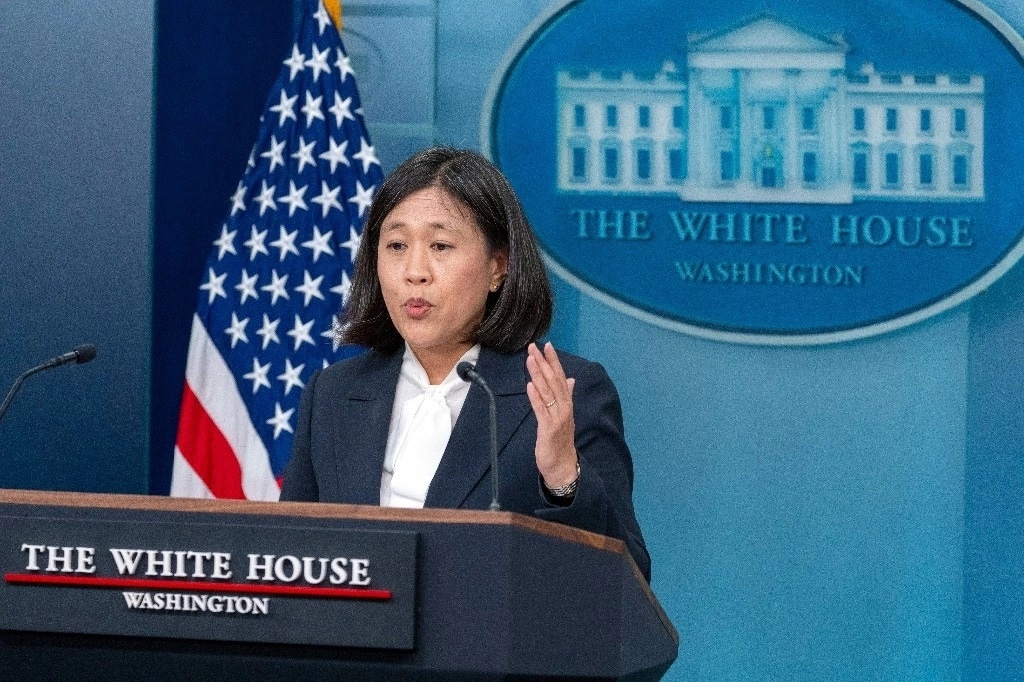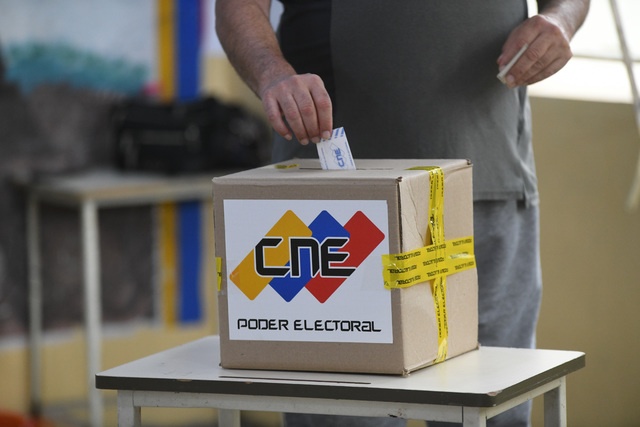Washington. The office of the U.S. Trade Representative (USTR) said on Tuesday that some of the sharp U.S. tariff increases on a range of Chinese imports, including electric vehicles and their batteries, computer chips and medical products, will be delayed by at least two weeks.
In May, the USTR, headed by Katherine Tai, announced that the tariffs would take effect on August 1, but the office said Tuesday that it is still reviewing 1,100 comments received and now expects to issue a final determination sometime in August.
The office added that the new tariffs will take effect approximately two weeks after the final determination is made public.
Background
A couple of months ago, President Biden opted to maintain the tariffs established by his predecessor, Republican Donald Trump, while increasing other trade barriers, such as quadrupling import duties on Chinese electric vehicles to more than 100 percent and doubling tariffs on semiconductors to 50 percent.
These tariffs affect trade of around 18 billion dollars in imported Chinese products, including steel and aluminum, semiconductors, electric vehicles, critical minerals, photovoltaic panels and cranes, as the White House admitted at the time.
Of the total amount, a larger share comes from battery imports. In fact, $13.2 billion of the expected imports by the United States from China in 2023 are lithium-ion batteries, according to data from the Census Bureau.
In this case, tariffs on lithium-ion batteries for electric vehicles, as well as their parts, will increase from 7.5 to 25 percent this year, while unused lithium-ion batteries for electric vehicles will make the same jump in 2026.
Last year, the United States imported $427 billion worth of goods from China while exporting $148 billion to the world’s second-largest economy.
Unfair practices
The United States believes that China has contributed “through the theft of intellectual property” to control up to 90 percent of the world’s production of “critical inputs” for the technology, infrastructure and health care industries.
“This creates unacceptable risks to U.S. supply chains and economic security,” the White House insisted, also assuming that this trend contributes “to growing overcapacity and surges in Chinese exports that threaten to significantly harm the United States.”
#tariffs #China #weeks
– 2024-08-03 16:22:33


